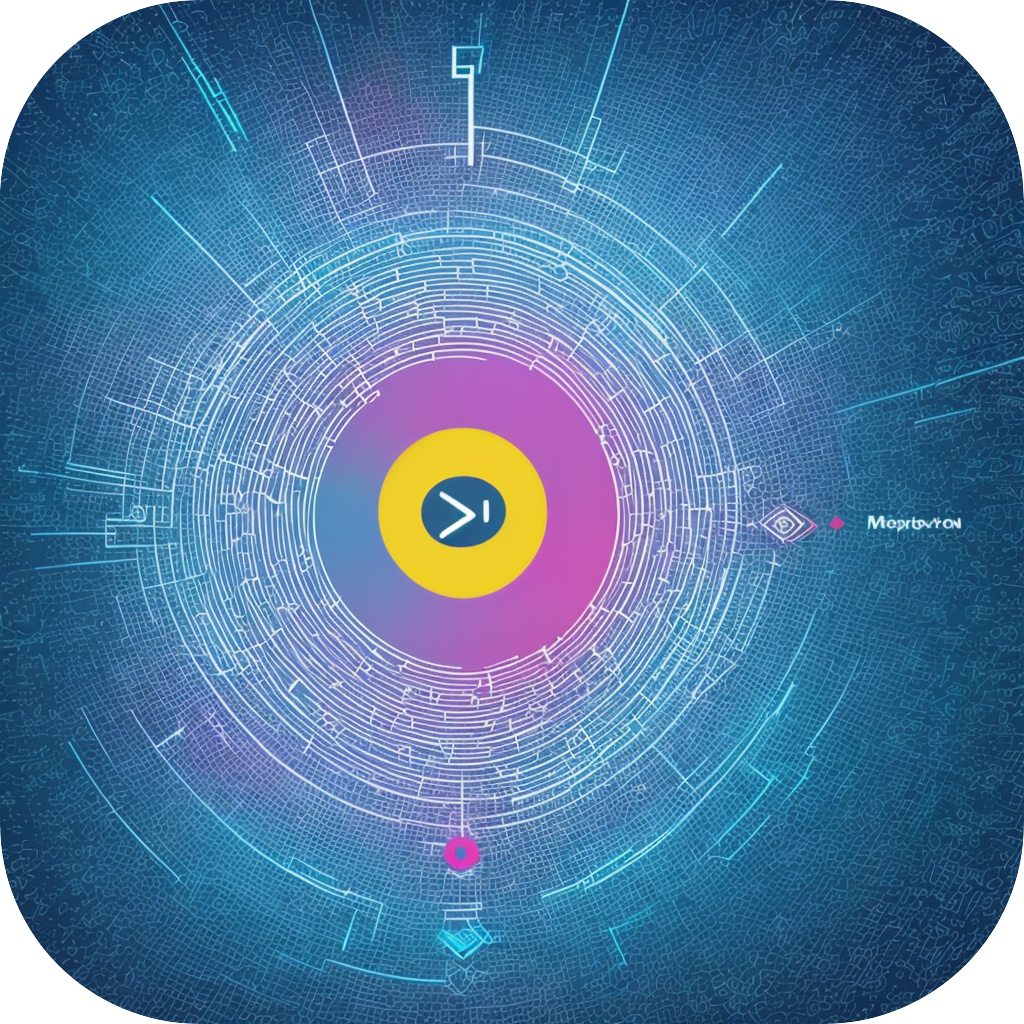In our globalized world, the capacity for effective cross-cultural communication has become increasingly important. With advancements in technology, the field of communication has expanded exponentially, leading to a plethora of possibilities in bridging the linguistic gap between diverse communities. Yet, one aspect that often goes unnoticed in the quest for seamless cross-linguistic interaction is the critical role of subtitles. Subtitles, despite being a small detail, remarkably enhance the experience of cross-language communication, transforming it altogether into an accessible and enjoyable process.
To understand the significance of subtitles in cross-language communication, it is essential to first acknowledge the challenges that underlie the interaction between speakers of different languages. Language barriers, including dialect differences, pronunciation variations, and grammatical nuances, often hinder the smooth flow of ideas from one party to another. This can result in misunderstandings, which not only dampen communication but can also lead to potentially harmful outcomes, especially in professional or academic settings.
Subtitles take on a particularly powerful role in addressing these challenges. They serve as a direct translation tool, allowing individuals who are not fluent in one another’s native tongues to understand the dialogue precisely. This direct form of translation ensures clarity and comprehension, thereby reducing the chance of misinterpretations and enhancing the overall effectiveness of communication. Furthermore, subtitles are not just simple translations; they embody a level of cultural understanding, conveying aspects of the spoken language that cannot be conveyed through text alone, such as intonation, emotions, and cultural references. This multifaceted nature of subtitles brings forth a more authentic and rich experience for multi-lingual audiences.
In many instances, subtitles have been instrumental in widening access to a broader range of content. This is particularly true for global media platforms, like movies, television shows, documentaries, and video games. Subtitles enable non-native speakers to experience the full spectrum of such content, promoting a more diverse and inclusive society where every individual can choose to absorb narratives from any culture without the barrier of language. In essence, subtitles act as a universal translator, connecting people across borders and fostering a sense of unity through shared experiences.
Moreover, the evolution of machine-generated subtitles has revolutionized the accessibility landscape. Advancements in artificial intelligence have made it possible to automatically transcribe and translate speech to text at a much faster pace and with a high degree of accuracy. Such innovations significantly reduce the time and costs associated with traditional human-subtitled content creation, making high-quality subtitles available on a much larger scale. This has opened up a wealth of opportunities for individuals who require language support, as well as for organizations aiming to reach wider, multi-language audiences.
In conclusion, subtitles play a pivotal role in enhancing the overall experience of cross-language communication. They address fundamental challenges such as language barriers and provide a bridge for cultural understanding and shared experiences. Through the integration of technology, subtitles not only facilitate access to a diverse range of content but also contribute to building a more inclusive and interconnected global community. As we continue to embrace the power of cross-cultural dialogue, the importance of subtitles as a facilitator of effective communication cannot be underestimated. They are, indeed, the unsung heroes of the global communication landscape, silently but diligently working towards bridging the linguistic divide and fostering a more equitable and harmonious world.
